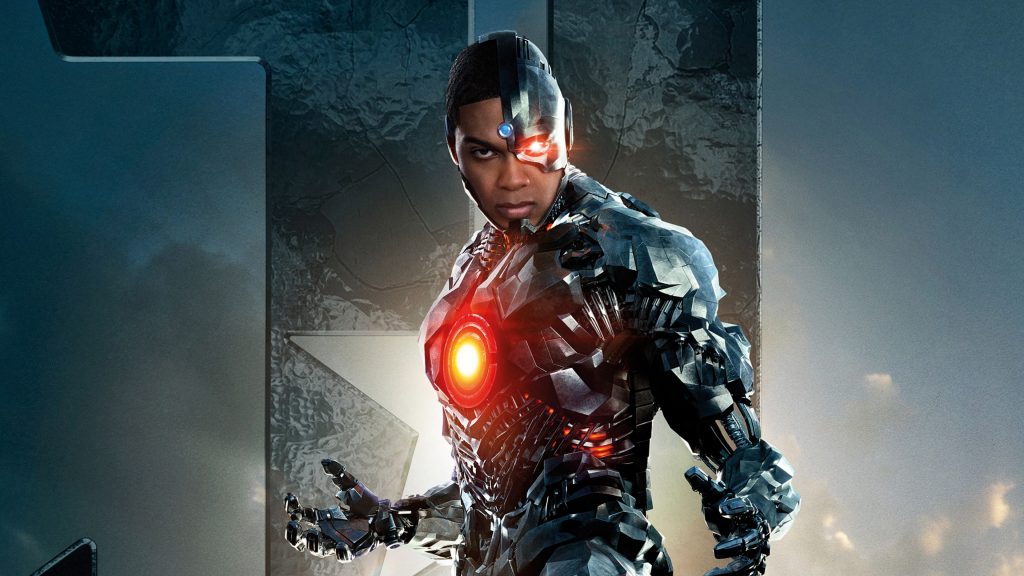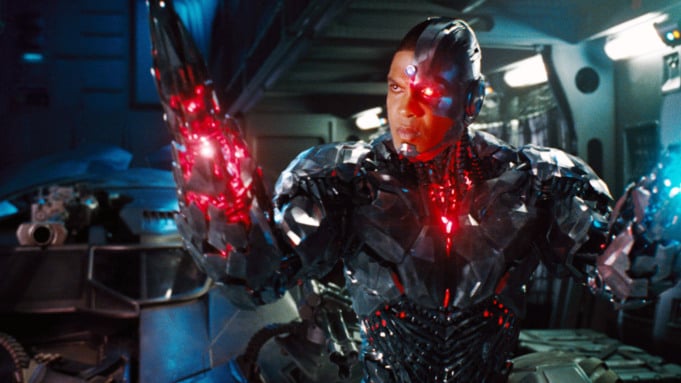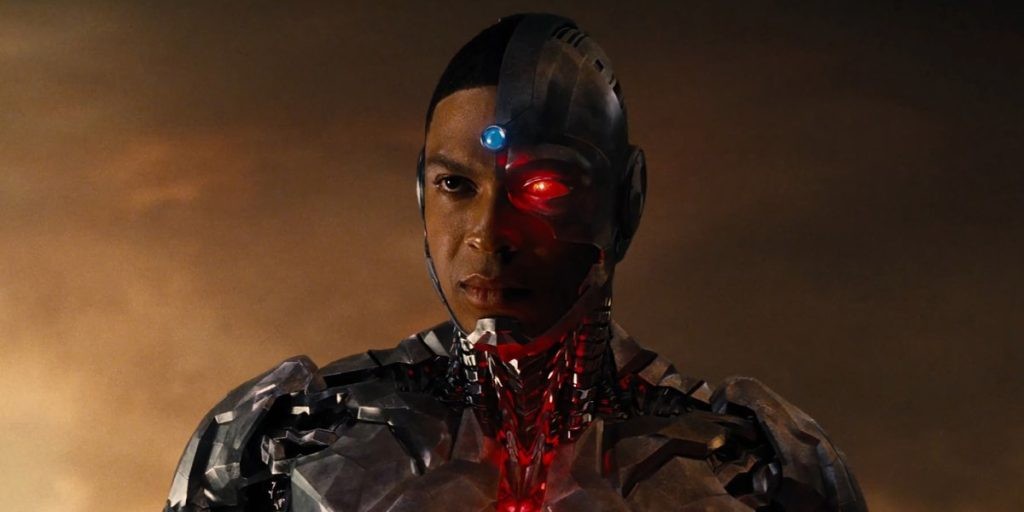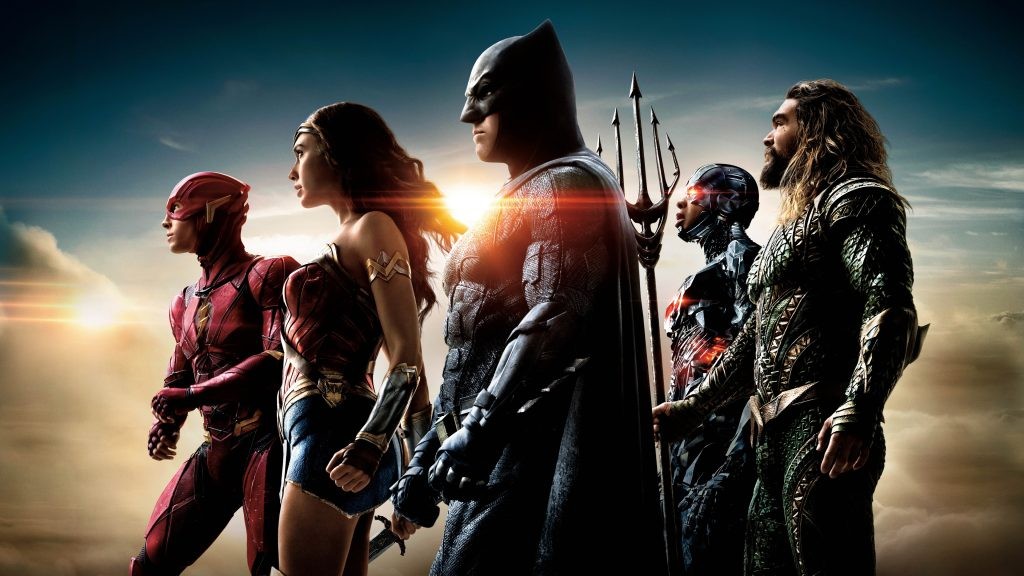Justice League’s production is still regarded as tainted by controversy and contradictory claims, despite the 2017 film’s attempt at redemption with the release of Zack Snyder’s Justice League. A lot of this revolved around Ray Fisher’s Cyborg, who leveled multiple accusations against Warner Bros. and director Joss Whedon regarding the working conditions on the set and the way corporate executives handled it.
Prior to assuming a major role in Justice League (2017) and its director’s cut in 2021, Fisher made his film debut as Victor Stone / Cyborg in a cameo in Batman v Superman: Dawn of Justice (2016). Zack Snyder collaborated with the actor to develop Cyborg’s story arc for Justice League, making him a pivotal character.
But after Whedon took over the Justice League, he scrapped Snyder’s original plan and eliminated a lot of Fisher’s scenes. The actor has spoken out multiple times about his bad experiences with Whedon. In an interview with Vulture, however, the filmmaker refuted those claims, calling his character “worst of all” and referring to the True Detective actor as a “malevolent force”.

Justice League Claims Refuted by Joss Whedon
In an interview with Vulture, Joss Whedon, 59, responded to reports of an abusive and toxic set, as well as rumors that he altered some of Ray Fisher’s Cyborg sequences in Justice League.
First, Whedon refuted the rumor that he had lightened Fisher’s skin tone in certain scenes by using color correction. The latter had earlier claimed in an interview with Forbes that Whedon had changed his skin’s complexion because the actor’s skin tone did not sit well with him.

Whedon stated that Forbes’ claim that he disliked a character’s skin tone was false and unjust. He explained why he reduced Cyborg’s role in two ways. In his opinion, the acting was poor and the plot “logically made no sense”.
A source familiar with the project told Vulture that Whedon was not alone in thinking that. Audience members declared Cyborg during test screenings to be
“The worst of all the characters in the film”.
Unlike the “threats” and “unsafe work conditions” that Fisher had described, Whedon said he spent several hours having polite conversations with the actor about the changes. Fisher was perceived by the director as “a bad actor in both senses,” as a means of explaining his actions against Whedon:
“We’re talking about a malevolent force… We’re talking about a bad actor in both senses.”
Ray Fisher: Justice League Executives Didn’t Want an ‘Angry Black Man’
In an interview with The Hollywood Reporter, Ray Fisher—who portrayed Victor Stone/Cyborg—discussed the modifications made to the movie following Joss Whedon’s replacement of director Zack Snyder during post-production.
The 36-year-old actor claimed that co-producer Jon Berg and then Warner Bros. production president Toby Emmerich had conversations regarding the desire to avoid having “an angry black man” at the center of the film.

He continued by claiming that producer and comic book writer Geoff Johns and other executives consistently did not value his own creative input. Fisher also said that he felt compelled “to explain some of the most basic points of what would be offensive to the Black community” to Joss Whedon, 59, in other places.
Meanwhile, Berg previously told Variety:
“It seemed weird to have the only Black character say that,” and that it was “categorically untrue that we enabled any unprofessional behavior.” He also mentioned that Fisher was upset that he had said “booyah”, which is “a well-known saying of Cyborg in the animated series.”

Warner Bros. lost an estimated $60 million on Justice League, which became a box office bomb with a global gross of $657.9 million against an assumed break-even point of $750 million. Critics gave it mixed reviews; some praised the action scenes and performances, while others criticized the story, pacing, generic villain, direction, cinematography, and computer-generated imagery.
The Justice League is streaming on Amazon Prime Video.

